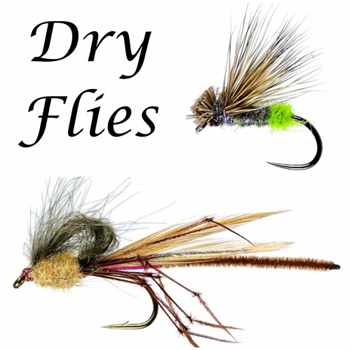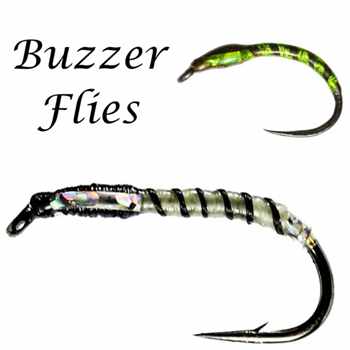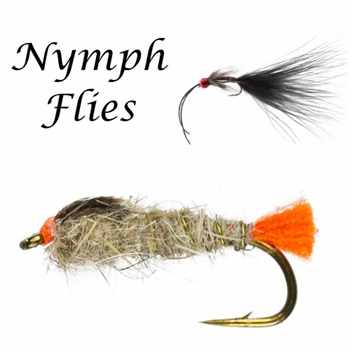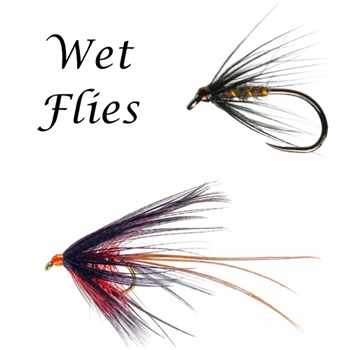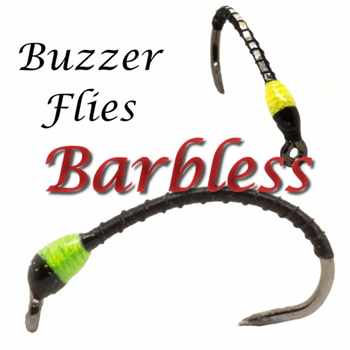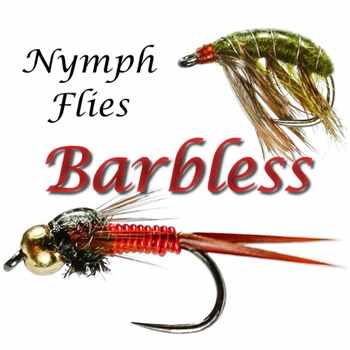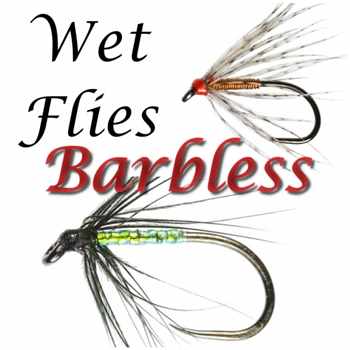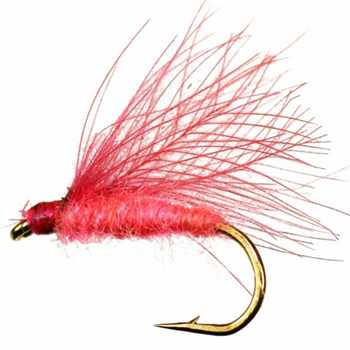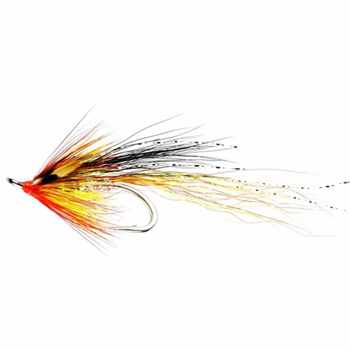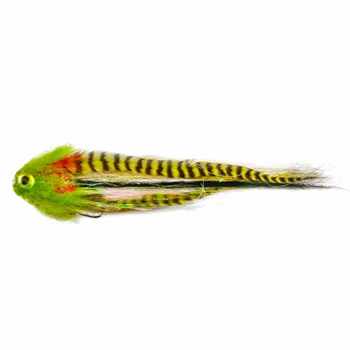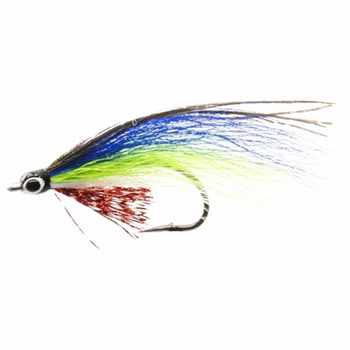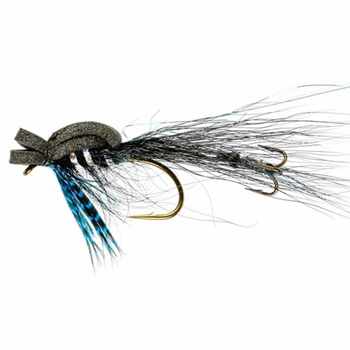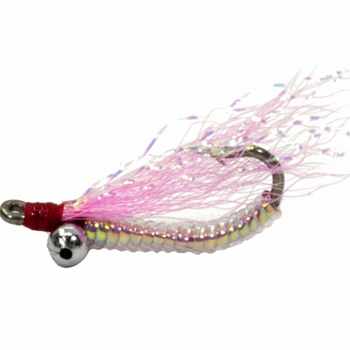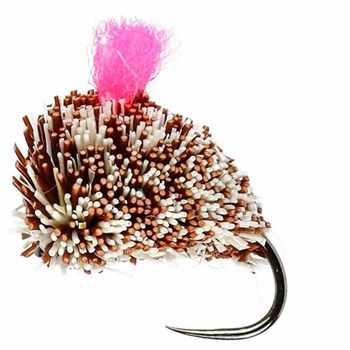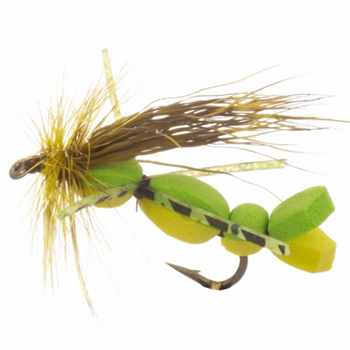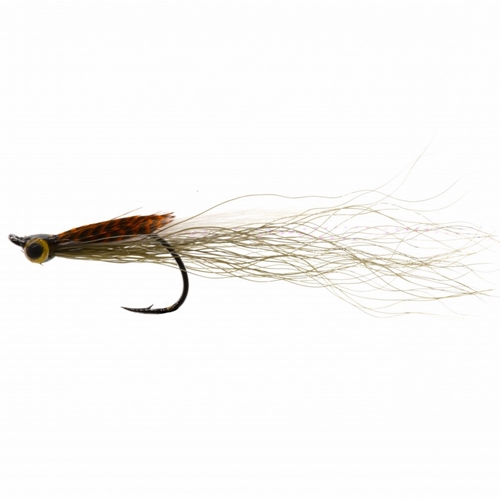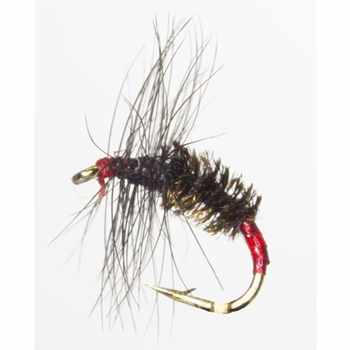Double Haul 1
In the sport of fly fishing, any combination of rod, line and technique has its limitations, but you can certainly reduce the amount of things that can go wrong if you truly develop your casting skills.
And this isn’t something that happens overnight. Like any other skill, or art, you can only learn by taking it step by step, until it becomes second nature. Take hauling for instance. In order to make good hauls and to cast with minimal effort using a double haul, your basic technique needs to be spot on and be able to make consistently good back and forward casts.
Learning the back haul is a good place to start. Many anglers find the back haul the easiest to learn. It doesn’t depend on making a good cast beforehand because you use it to lift your line from the water. But hauling can only work properly if it adds to the line speed that can be achieved without it. This being the case, your hauls should be concentrated and targetted to the final acceleration stage of the cast. That means, when the rod tip is travelling fast. By making a haul during that transition the increased line speed and the rod’s stored energy will result in a longer cast.
If you make the haul to early and complete it before the final acceleration of the rod tip, the cast may actually benefit. That’s because the line is taut during the lift. However, and please take note: it is not going to increase the line speed to gain distance. Make the haul too late and some benefit may be gained, but the process is not as efficient as it could be. So what you need to do for maximum efficiency is to ensure that the fastest part of the haul coincides with the fastest rod tip speed. All this will make for a better fly fishing experience all round.
